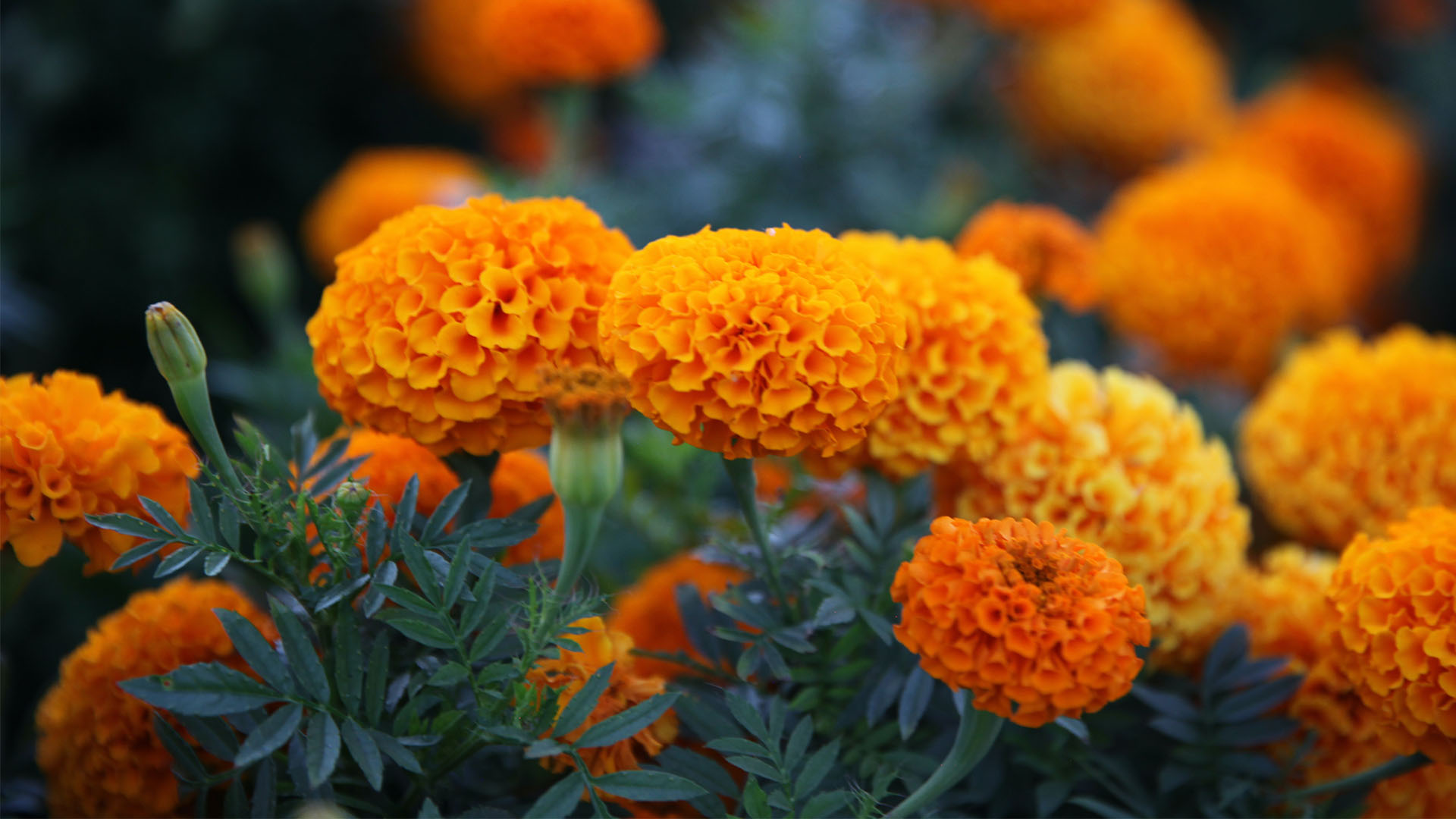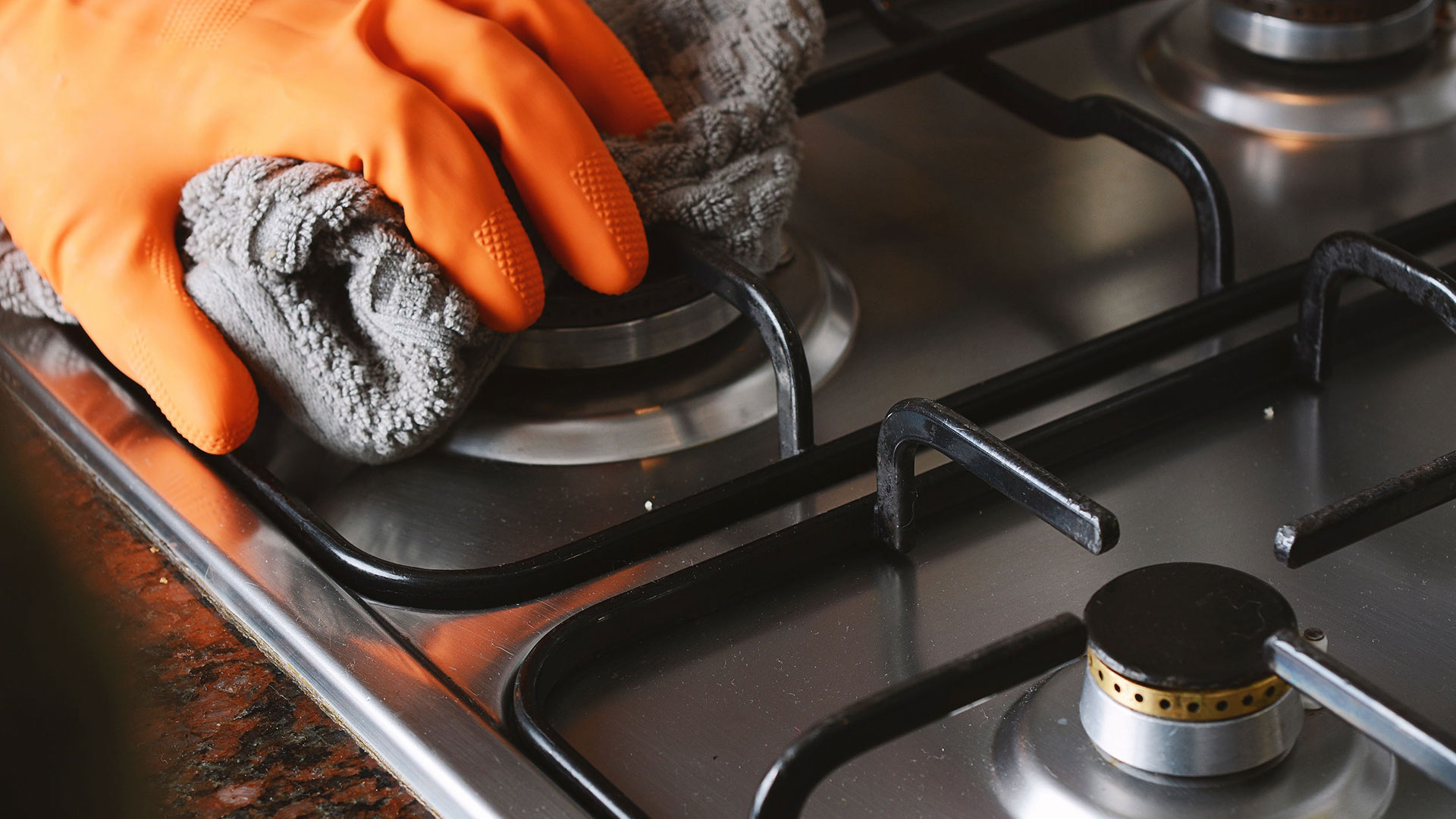Plants That Keep Mosquitoes Away From Your Home
Mozzies are an unfortunate part of life in Singapore, but they turn into an even bigger problem where dengue is concerned.
Since the start of 2023, weekly dengue cases have remained high, with 279 cases reported last week - that's almost twice the number of cases reported during this time in 2022!
What's worse, we're not even into the traditional dengue peak season yet – the warmer months from June to October, when the development of the Aedes aegypti mosquito (which transmits the disease) is accelerated.
In light of this, the National Environment Agency (NEA) advises us to be extra-vigilant and mosquito-proof our homes, especially since many of them are filled plants amidst the Lunar New Year festivities, and the Aedes mosquito can breed in clean stagnant water.
But don't start toxifying your house with clouds of bug spray just yet. Start by ensuring your plants have fresh water. And as you shop for pussy willows and lucky bamboo for the Lunar New Year, pick up some of these under-rated plants and herbs that will help keep mosquitoes at bay.
1. Citronella
Citronella is an oil obtained from the leaves and stems of a different species of lemongrass, both of which are types of clumping grasses (this is why lemongrass is also considered an effective insect repellent). Citronella emits a strong scent that repels mosquitoes and citronella oil is one of the most widely used natural insect repellent. The oil can sometimes also be used directly on the skin to treat mosquito and other insect bites, but this is not advisable for sensitive skin.
2. Pelargonium
Also called the ‘mosquito plant’, this lush green plant is a perfect cross between the Chinese citronella and the African geranium. Its fern-like leaves contain citronella oil, which helps to repel the mosquitoes. In fact, some studies have shown that these plants have 30-40% of the repelling power of the harsh chemical DEET.
3. Lavender
Better known for its soothing and calming scent, this beautiful purple flowering plant is also a natural mosquito repellent as it contains pinene and linalool, which are the main compounds that mosquitoes find unpleasant. You can even rub the plants directly onto your skin to ward off insects for a quick fix.
4. Peppermint
Most bugs don’t like the smell and taste of peppermint as the plant contains menthol, so there’s good reason to plant it around the house. Plus, if you do happen to get bitten, rubbing crushed peppermint leaves directly on the skin provides much relief.
5. Lemon Balm
Did you know that lemon balm is also part of the mint family? Like peppermint, it repels bugs, is lovely when used as seasoning or in herbal tea, and crushed lemon balm leaves make a good mosquito repellent when rubbed directly on to the skin.
6. Rosemary
Yes, rosemary is great for flavouring lamb dishes, but when rosemary is burned, the same aroma that we like is somehow unpleasant enough to keep mosquitoes away. Make a simple DIY repellent spray by boiling a generous handful of rosemary sprigs in 1 litre of water for 20 minutes. Strain the cooled liquid into a squirt bottle and dilute to half strength. Spray directly onto skin or outdoor areas as required. Store the unused liquid in the fridge, and discard when the liquid no longer smells strongly of rosemary.
7. Marigold
Organic gardeners have been using marigolds for years to help ward off bugs from neighbouring plants. They are particularly effective when planted next to tomatoes and potatoes. And surprisingly, the market for natural marigold insecticide is poised to quickly replace non-environmentally friendly synthetic ones. What’s the reason? Marigolds contain tagetone, which repels insects, and pyrethrum, which are toxic to insects.
Bonus: These auspicious plants, which signify longevity, are a Lunar New Year staple!

Stay vigilant
Let's hope you don't see one of these banners in your neighbourhood, but if you do, here's what the colour-coded signs mean:
Purple: Area with persistently high Aedes mosquito population. Practise BLOCK at least once a week.
- B – Break up hardened soil
- L – Lift and empty flowerpot plates
- O – Overturn pails and wipe their rims
- C – Change water in vases
- K – Keep roof gutters clear and place BTI insecticide inside
Red: Dengue high-risk area with 10 or more dengue cases. Practise BLOCK regularly and conduct SAW.
- S – Spray insecticide in dark corners around the house
- A – Apply insect repellent regularly
- W – Wear long sleeves and long pants
Yellow: Dengue high-risk area with 2 to 9 dengue cases. Practise BLOCK regularly and conduct SAW.
Green: No new dengue cases. Dengue cluster closed and under surveillance. Practise BLOCK at least once a week.
For the latest updates on Wonderwall.sg, be sure to follow us on TikTok, Telegram, Instagram, and Facebook. If you have a story idea for us, email us at [email protected].





/roundup_19_april_2024_rectangle.jpg?sfvrsn=898f23d7_1)





